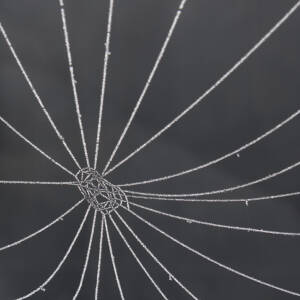And again
Today echoed yesterday. The exhibition was Van Gogh - Poets and Lovers at the National Gallery. It's had exceptionally good reviews and I couldn't believe I'd enjoy it as much as I was 'expected' to but I did. Only 61 pictures, from just the two years that he lived in Arles, very well chosen from across the galleried world.
I loved the presentation of the exhibition, with the notes in a booklet, not stuck to the wall by each picture, so there was no blocking people while contorting yourself to read the blurb in inadequate light. It was refreshing, for writing about Van Gogh, that the text was understated and unsensationalist, rather than making speculative links between mental health and impasto, as so often happens. The pictures themselves were left to communicate Van Gogh's reactions to the world and it felt like light was being allowed in unobscured.
We accompanied Van Gogh as he walked round the park opposite the yellow house, as he furnished the house, as he observed the formal plantings of the hospital courtyard or walked in the less tamed part of its garden or through the fields to the crags further away. I was especially taken with the drawings in pen, none of which I'd seen before, and felt hugely privileged that they'd been brought from Oslo, Tournai, Amsterdam, Virginia... so that I could see how he looked and looked and looked again and how his lines played between representation and abstraction.
It was wonderful to be able to get so close to the pictures - a bold decision after recent attacks on paintings in galleries, especially as many were not behind glass.
Usually, when I get to the end of an exhibition, I go back to the beginning and walk through again fairly quickly to get a sense of the development of the art or the narrative of the exhibition. I've never until today gone back to the beginning four times.
A reflective bus journey separated Van Gogh from my evening at the Royal Court Theatre.
I hadn't planned to go to two biographical plays in two nights but this evening's play was Giant: two hours in 1983 in Roald Dahl's dining room as he, his partner and two representatives from his publishers talked about the fallout of an anti-semitic book review he'd written. Would he apologise? Should he apologise? Can you persuade someone to change their mind? Is it right to apologise inauthentically for the sake of reputation - or book sales?
The playwright, Mark Rosenblatt, started thinking about a play that would address the fraught and blurred arguments around Israel/Palestine and (his words) anti-semitic stereotyping in 2018 and much of the play was written during covid lockdowns. I doubt he had any idea how devastatingly relevant the play would be by the time the script reached the stage. Listening to the thoughts, feelings, arguments, confrontations and justifications being batted to and fro was completely gripping. I was with two friends and it kept us talking for quite a bit of our journey home.
Later I listened to a video of a post-show discussion with Mark Rosenblatt, held near the beginning of the run, in which he raised the issue of cancel culture. I have often thought about how the unacceptable views of a creator affects people's feelings about the creation, and the extent to which you can separate the artist from their art but (doh! - same thing in different words) I have not directly related that to cancel culture. So I have a bit more processing to do. Might need to have another drink with my theatre buddies!
I know I've written too much but here's a lovely anecdote: My uncle now lives in a care home in Oxford and a small group of us keep an eye on his currently unoccupied house in London. When I checked it yesterday I found a Christmas booklist from a small independent bookshop he used to use a lot. 'I'll let them know not to waste money on postage,' I thought, stuffing the envelope in my bag. This evening, walking around the area where the theatre is while waiting for my friends, I stumbled, completely unexpectedly, across their one and only branch. The lights were on but the door was locked. The person tidying books inside made 'closed' signs at me. I held the envelope up against the glass of the door, she looked really surprised and opened the door saying, 'Richard! How is he?' I told her and she asked me to give him their best wishes when I next saw him. Is that not wonderful?

Comments
Sign in or get an account to comment.


